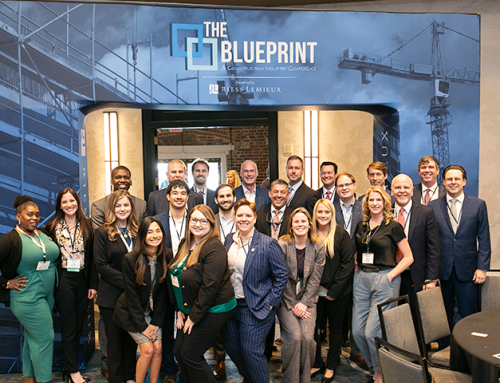 Know Your Limits – Protections for Employers Utilizing Independent Contractors are Narrowed by the Louisiana Second Circuit
Know Your Limits – Protections for Employers Utilizing Independent Contractors are Narrowed by the Louisiana Second Circuit
Authors: Christopher K. LeMieux and Hannah M. Marler
Under Louisiana’s worker’s compensation statutes, independent contractors are “expressly excluded” from seeking worker’s compensation benefits unless that independent contractor spent a substantial part of their work time performing manual labor. If the independent contractor has performed a substantial amount of manual labor in furtherance of the contract, then they may seek worker’s compensation under the manual labor exception set forth in La. R.S. 23:1021. The manual labor exception may have limited applicability in cases to limit a principal’s liability to recovery under workers’ compensation. In a recent decision, McBride v. Old Republic Insurance Company, the Second Circuit upheld a trial court’s decision that did not limit the recovery of two employees of an independent contractor to worker’s compensation—but rather permitted recovery under Louisiana tort law.
In McBride, the plaintiffs, who were injured while performing manual labor, were independent contractors of a subcontractor who was in direct contractual privity with the general contractor. At the trial court level, the general contractor attempted to eliminate the potential of tort liability by asserting that the independent contractors were subject to the manual labor exception under Louisiana’s worker compensation statutes. This argument by the general contractor was denied at the trial court level. The Second Circuit was ultimately tasked with determining whether the manual labor exception applies to employees and independent contractors of independent contractors. Ultimately, the Second Circuit upheld the decision of the trial court which awarded tort damages to two of the plaintiffs-independent contractors for their injuries. The Second Circuit held that the manual labor exception under La. R.S. 23:1021 is “limited to the independent contractor and not that independent contractor’s employees or its independent contractors.”
Prior jurisprudence has generally held that the manual labor exception applied to employees of independent contractors performing manual labor, thus limiting their remedies to workers’ compensation. The Second Circuit’s ruling is an outlier that has limited applicability, as other Louisiana appellate circuits have not made the same distinction between an independent contractor and an employee of an independent contractor. Regardless, the emergence of this interpretation will undoubtedly be utilized in an attempt to create the same carve out in other jurisdictions, leading to potential widespread applicability. The Second Circuit’s ruling could have serious implications for general contractors as well as subcontractors that have historically relied on the manual labor exception when dealing with claims from employees of independent contractors. It is critical that general contractors and subcontractors understand their contractual and statutory productions when hiring independent contractors, and the ruling in McBride has created a more complex legal landscape for those employers.



